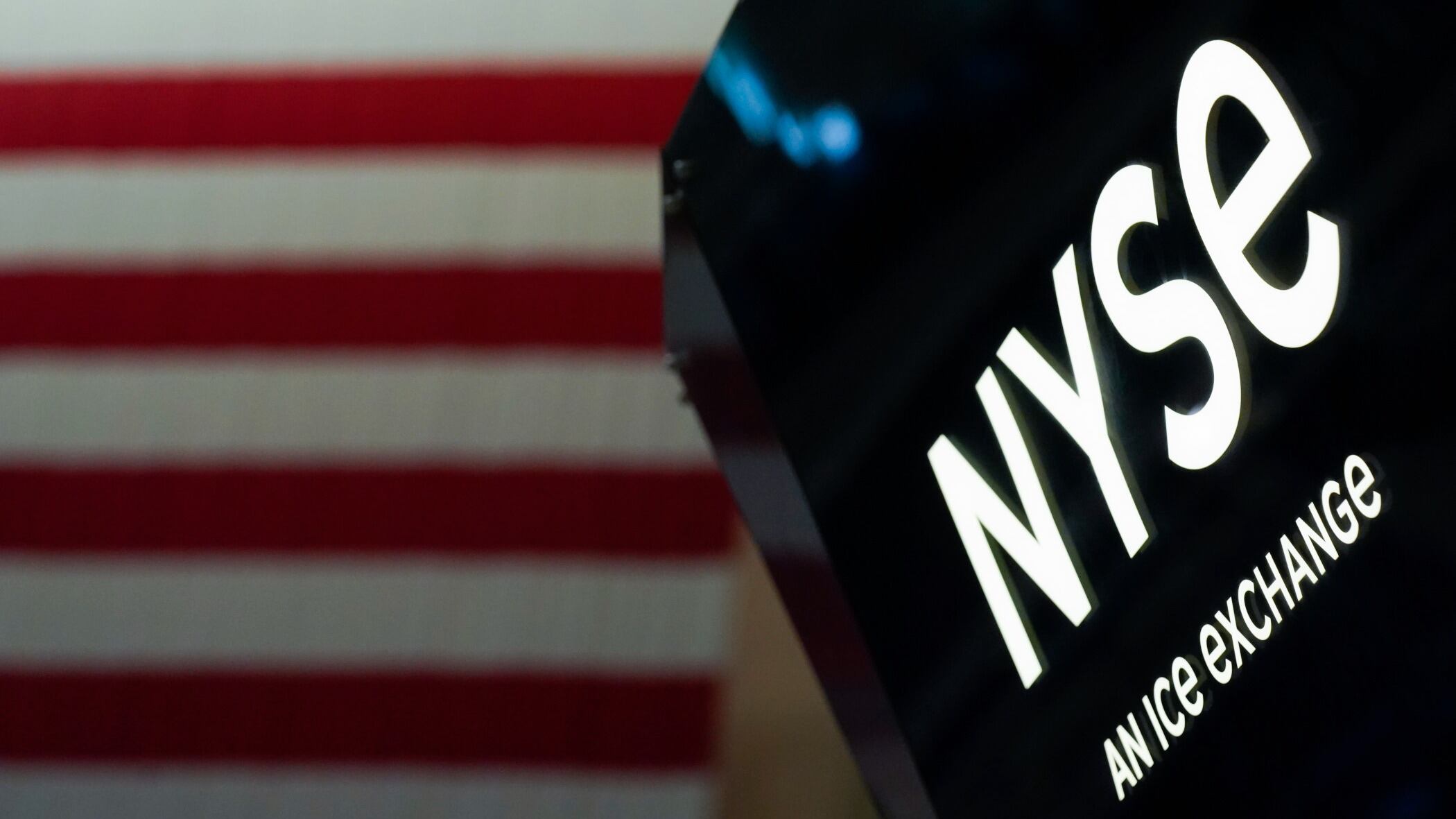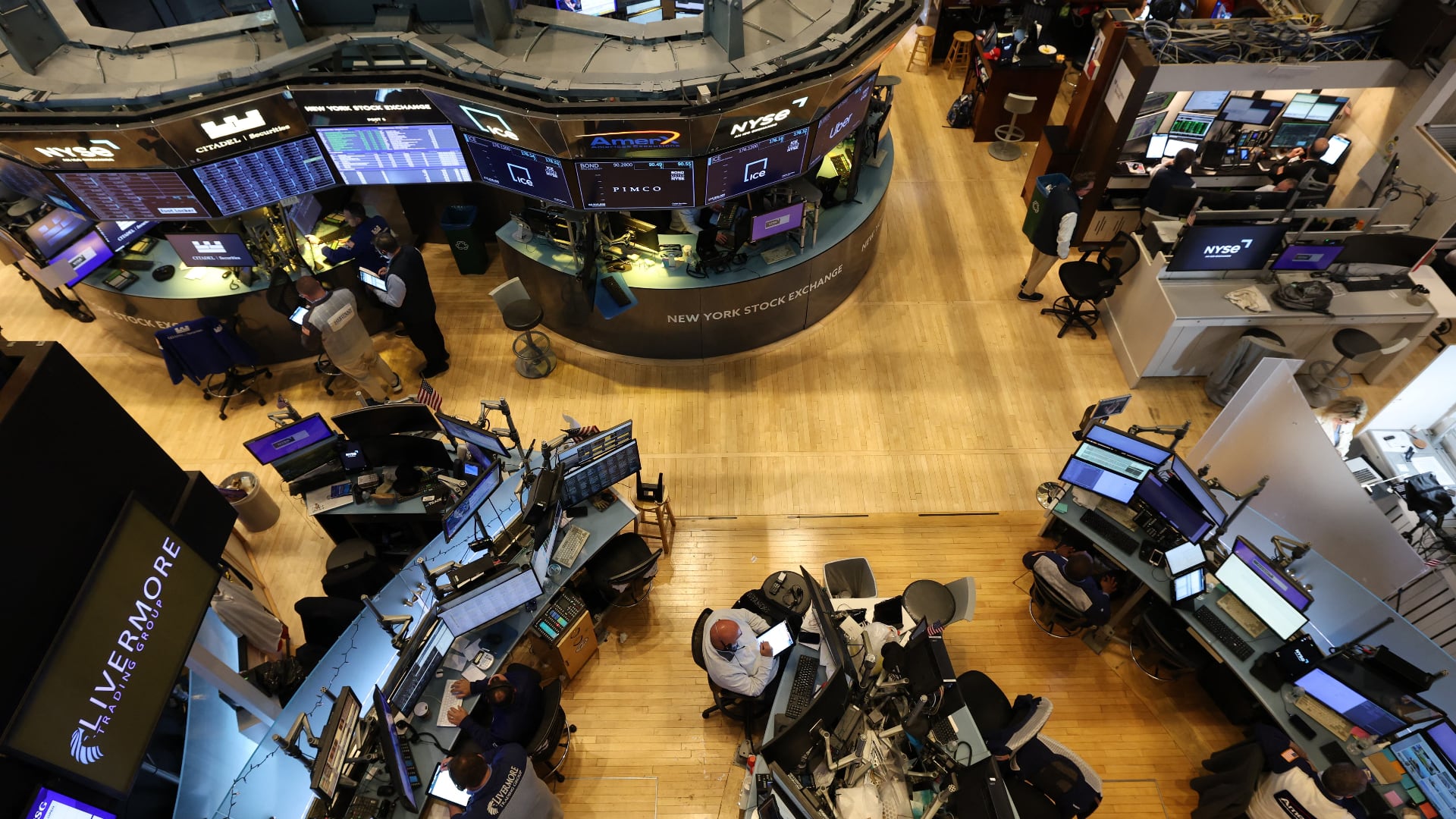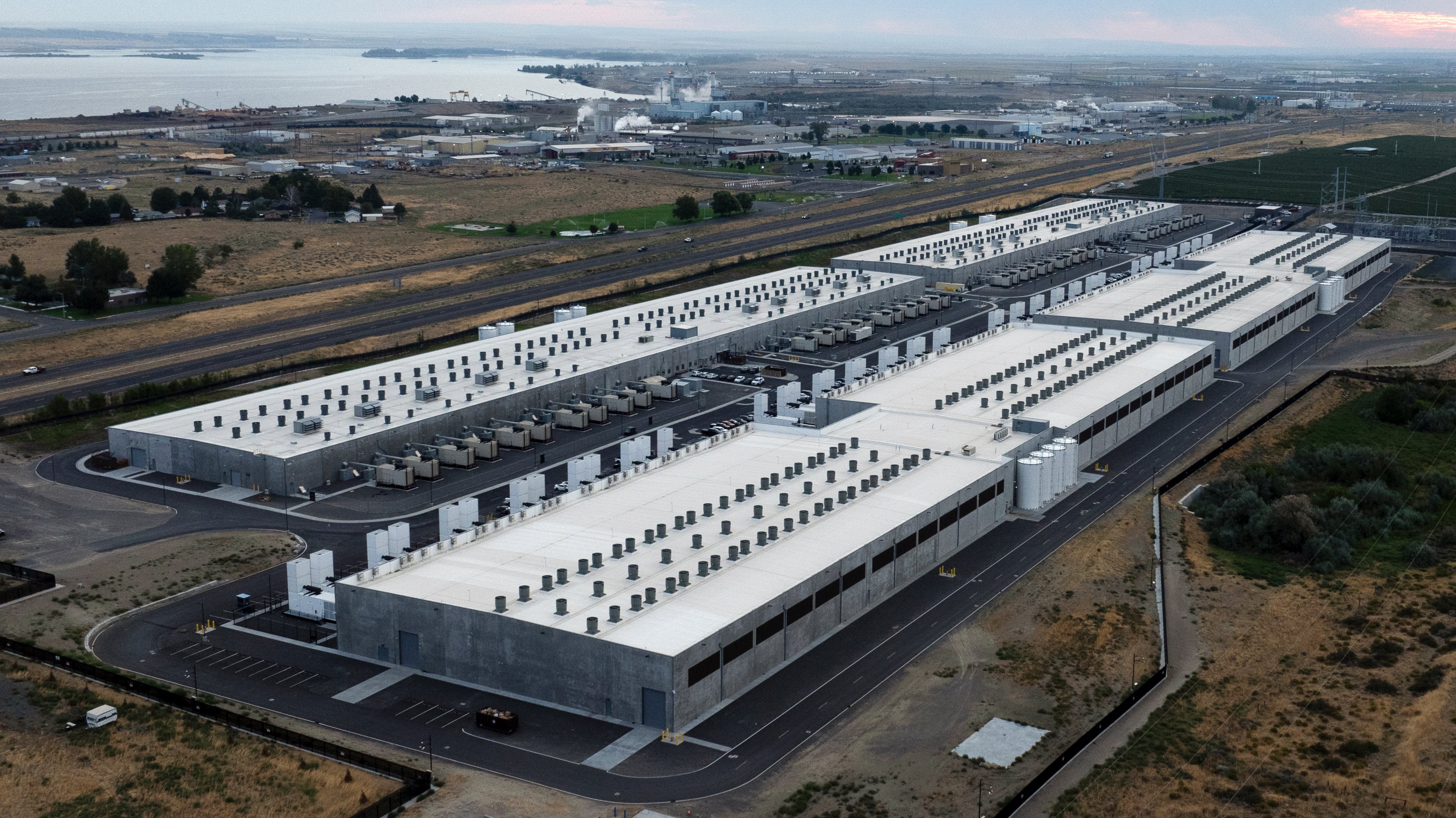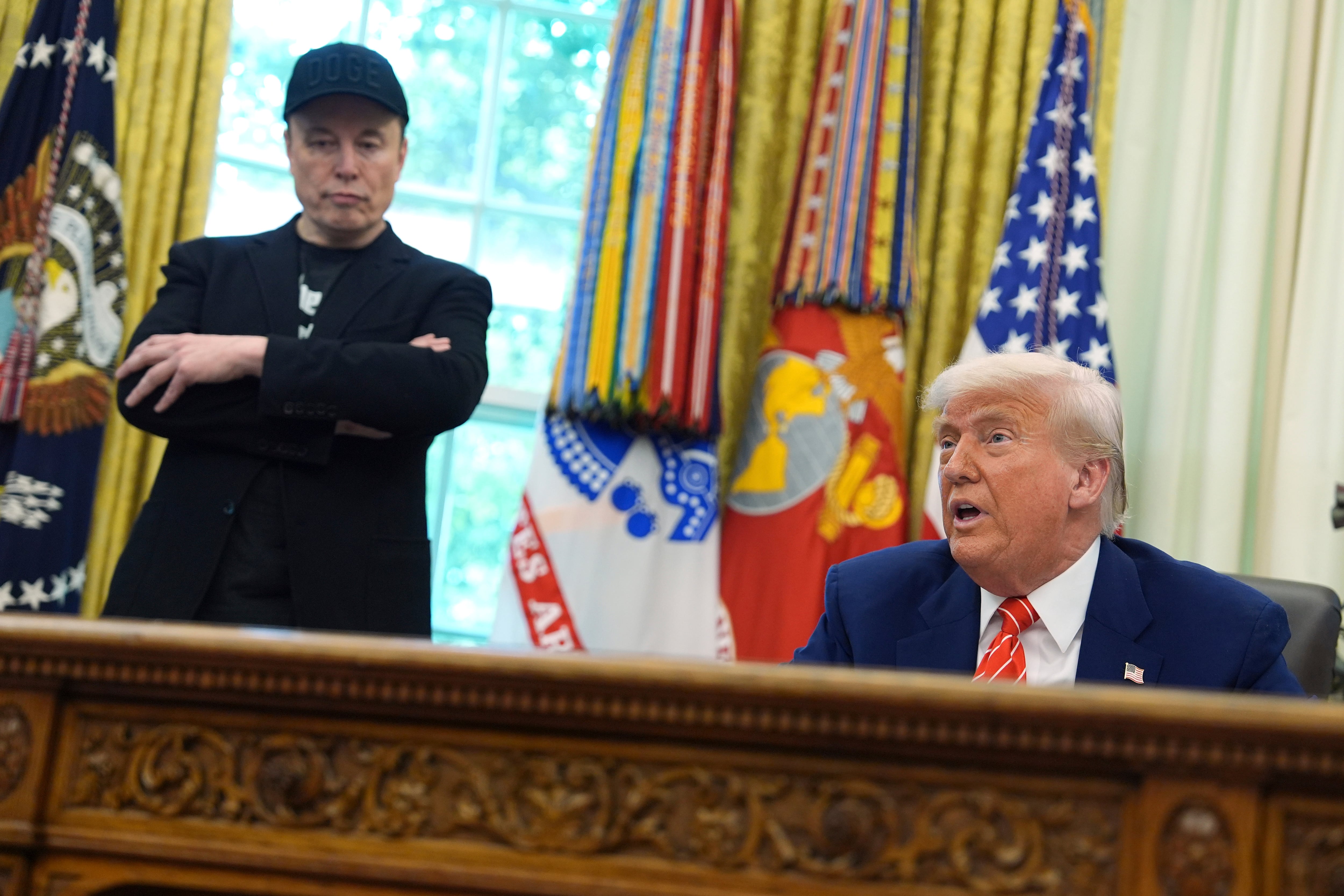By Stan Choe
Stocks are largely stuck on Tuesday as Wall Street waits for updates later in the week on inflation and corporate profits.
The S&P 500 was 0.1% higher in early trading and looks to be on track for another quiet day after a listless Monday. The Dow Jones Industrial Average was up 111 points, or 0.3%, at 34,055, as of 9:45 a.m. Eastern time, and the Nasdaq composite was virtually unchanged.
Salesforce jumped to one of the S&P 500 's bigger gains, up 3.2%, after it announced the first increase in list prices for several product lines in seven years. Amazon was also pushing upward on the market, rising 1.5% on the first day of the annual Prime Day sales event it created.
The week’s main event will arrive on Wednesday, when the U.S. government will offer the latest update on inflation at the consumer level. Economists expect to see another slowdown, with prices 3.1% higher in June than a year earlier, down from inflation of 4% in May and just above 9% last summer.
The hope on Wall Street is that a continued easing in inflation will convince the Federal Reserve to stop its hikes to interest rates soon. High rates have helped pull down inflation, but they’ve also caused cracks in the banking, manufacturing and other industries while also pulling down on prices for stocks and other investments.
Later in the week, companies will begin telling investors how much profit they made during the spring, and expectations for that are largely dim. Analysts are forecasting the sharpest drop in earnings per share for S&P 500 companies since the pandemic was crushing the global economy in the spring of 2020.
Because of the low bar set for companies, though, they may be able to squeak past without much heroics.
WD-40 jumped 13% after it said it returned to growth in revenue during the three months through May following two straight quarters of flat to down sales. It reported stronger growth in both profit and revenue than analysts expected, and it said it’s sticking with its forecasts for full-year sales and profit.
On the losing side of Wall Street was Bank of America. It slipped 0.6% after regulators ordered it to repay $100 million to customers after they said it double-dipped on fees, withheld rewards on credit cards and opened accounts without customers' knowledge.
In the bond market, Treasury yields were holding relatively steady after rising sharply last week on expectations that the Fed will keep interest rates higher for longer in its campaign to get inflation under control.
The 10-year Treasury yield slipped to 3.99% from 4.00% late Monday. It helps set rates for mortgages and other loans.
The two-year Treasury yield, which moves more on expectations for the Fed, inched up 4.87% from 4.86%.
In markets abroad, most stock indexes rose. Hong Kong's Hang Seng gained 1%, South Korea's Kospi jumped 1.7% and France's CAC 40 rose 1.3%.
Stocks in London were basically flat after a report showed U.K. wages are rising at a record rate amid stubbornly high inflation. That's bolstering expectations for the central bank there to keep raising interest rates.
AP Business Writers Matt Ott and Joe McDonald contributed.













